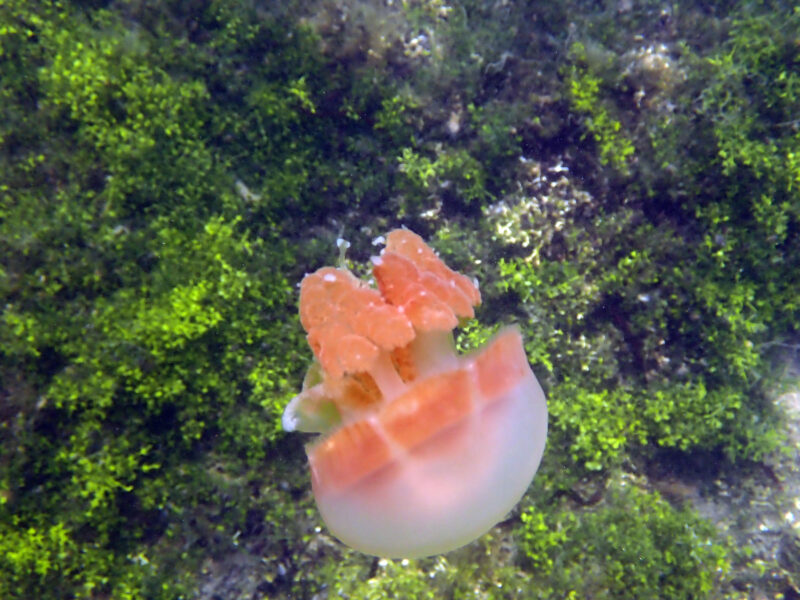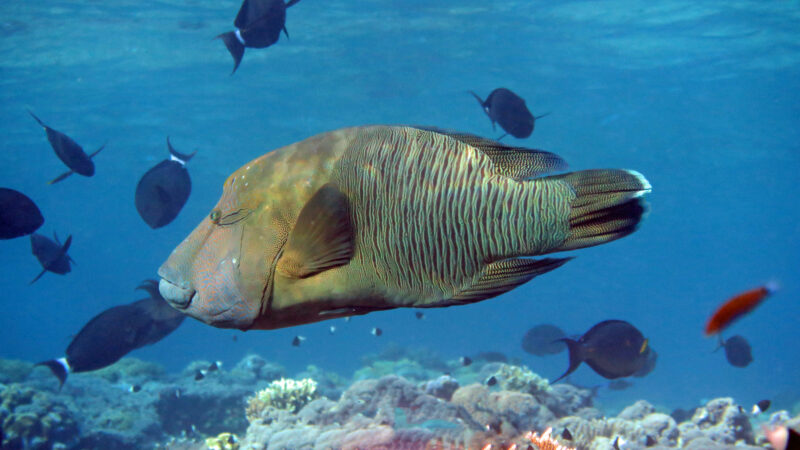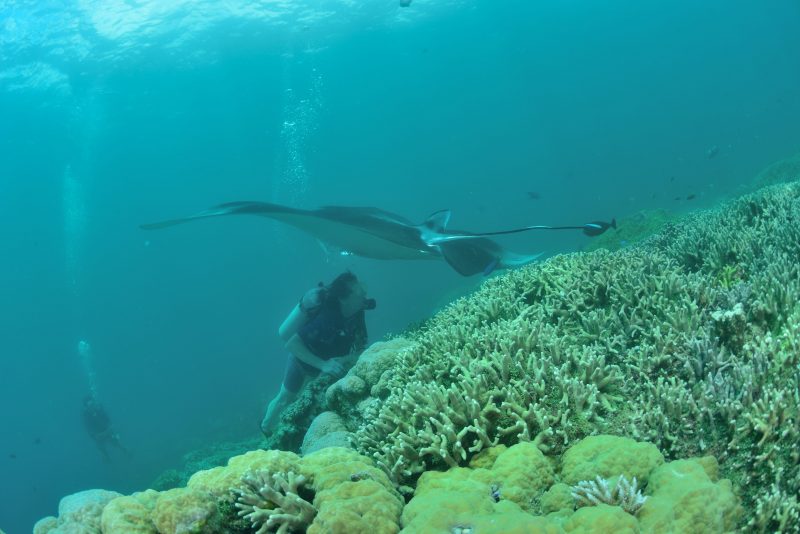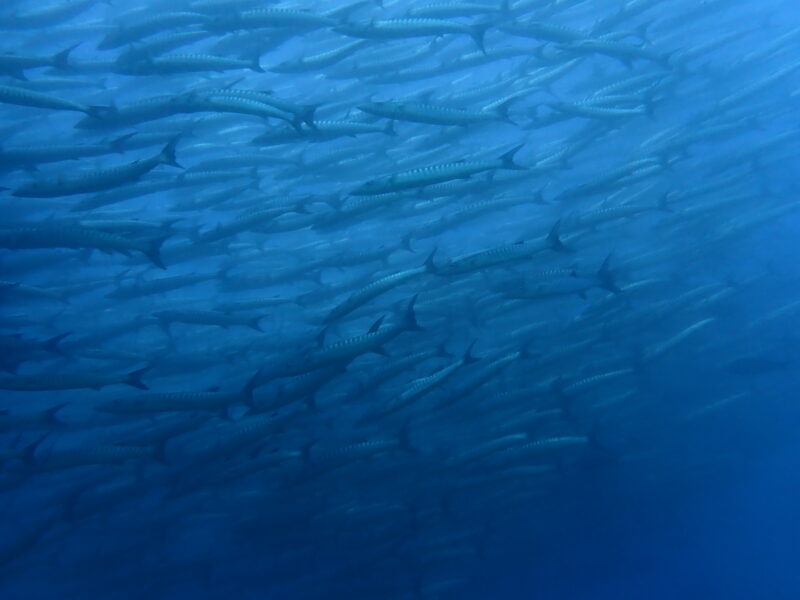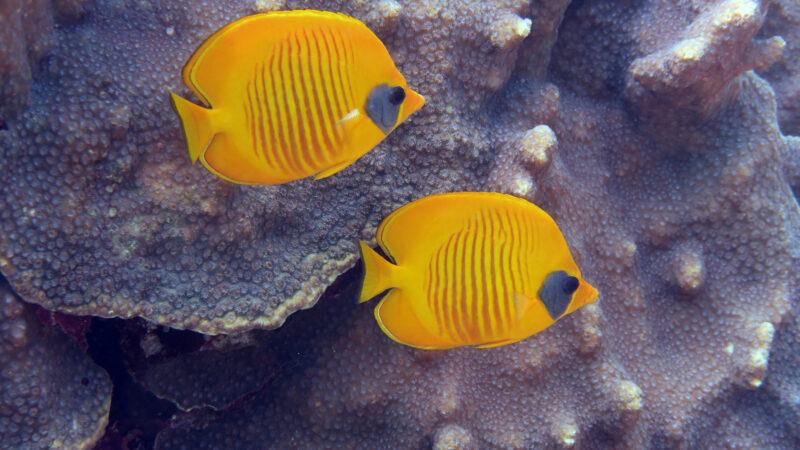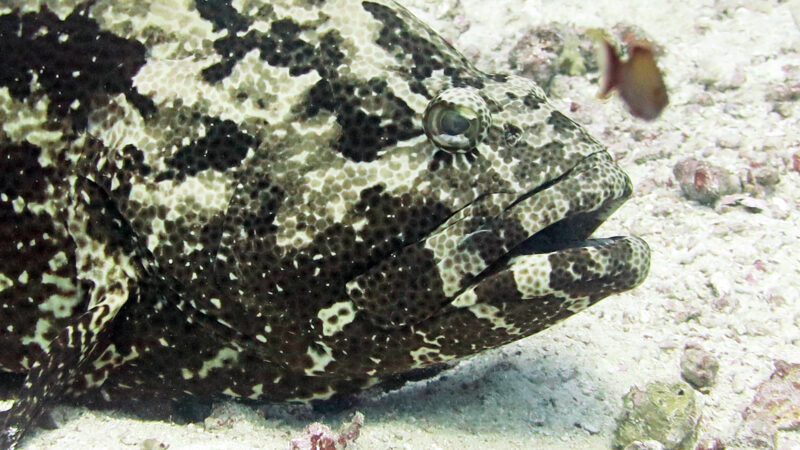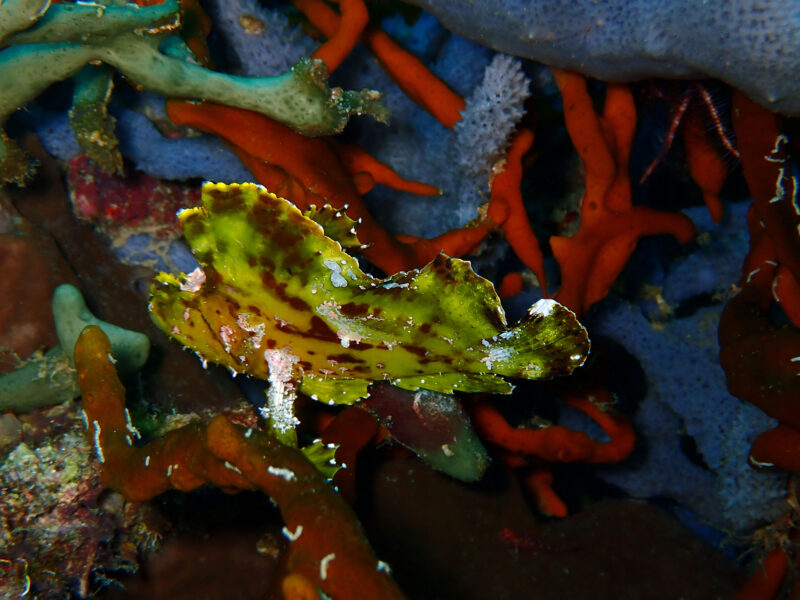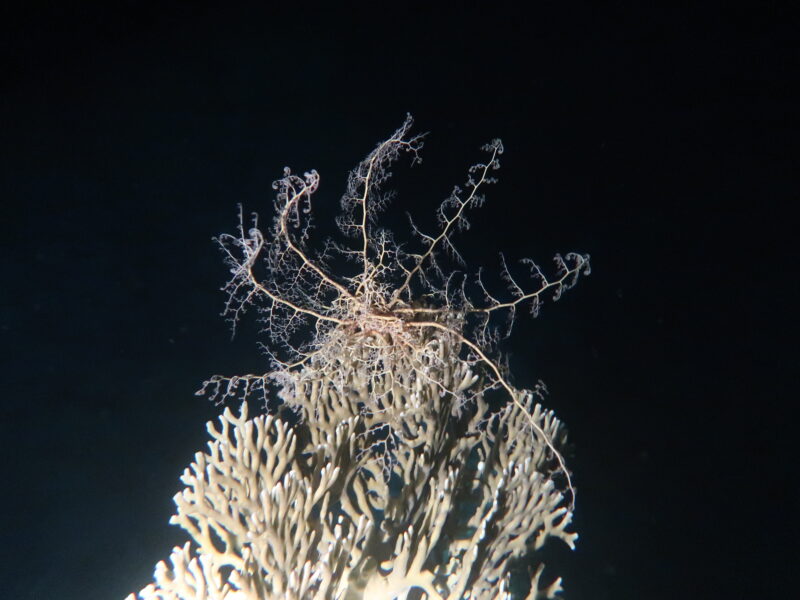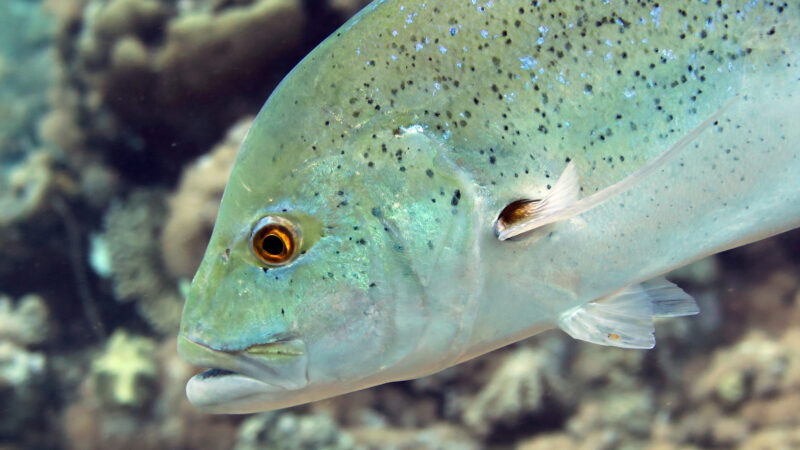The fascination of the underwater world
Diving ranges high among fascinating sports and pastimes.
However, comprehensive training and some degree of physical fitness are essential. If you complete your diving courses at home, you can usually rely on the quality and knowledge of your instructors. Because of the sport’s popularity, however, diving schools and dive centres have popped up all around the world’s best diving spots. Not all of them know what they are doing! Training of instructors might be nonexistent, equipment badly maintained.
If you are planning to get your certificate at your travel destination, check out the quality of the local dive centre before you go.
Complete your divers medical examination at home, NOT abroad.
Tip
If you don’t feel completely fit – postpone your diving.
Even minor symptoms of an acute disease prohibit diving.
ANY symptoms occuring after a dive must be taken seriously. If necessary contact a physician experienced in diving medicine or use the international emergency hotlines of the large diving associations.
Fitness-to-dive examination
- Information about medical risks in diving
- documentation of your medical history
- determination of risk factors from life style (sports, smoking, job)
- physical examination (heart, lungs, throat, abdomen, musculoskeletal system)
- examination of ear canal and ear drum
- Measurement of vital parameters (blood pressure, heart rate, heart rhythm, blood oxygen saturation)
- resting 12-lead ECG
- lung function test (spirometry)
- prescribing medication if necessary
current promotion
Fitness-to-dive examination and certificate:
€ 63 (10% reduction, regular price € 70)
